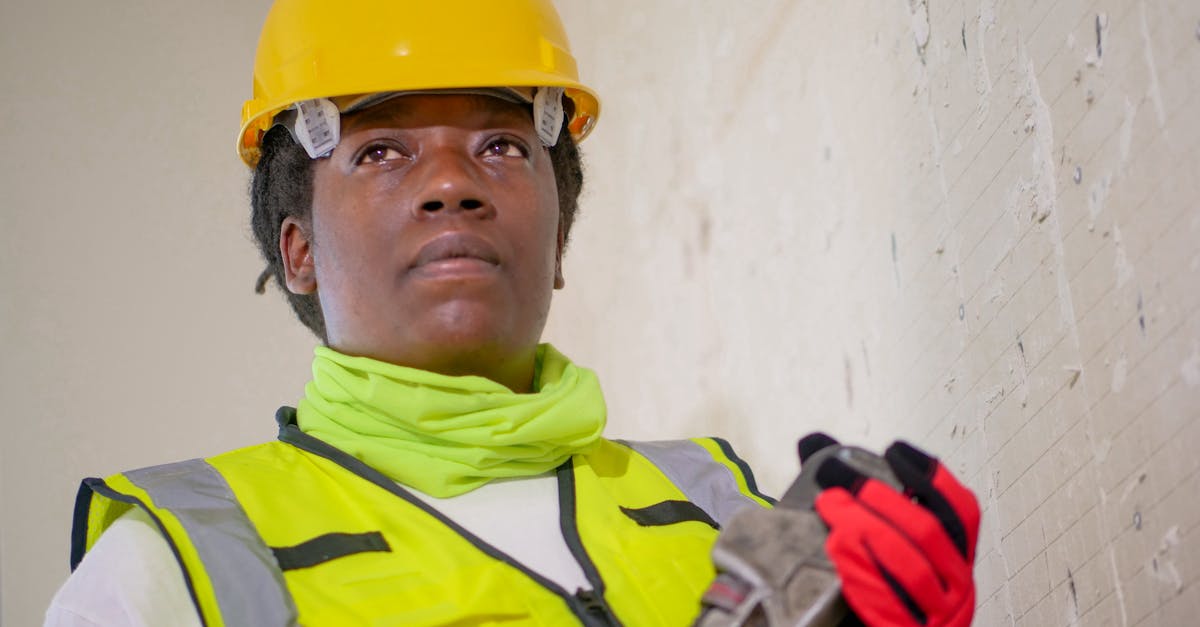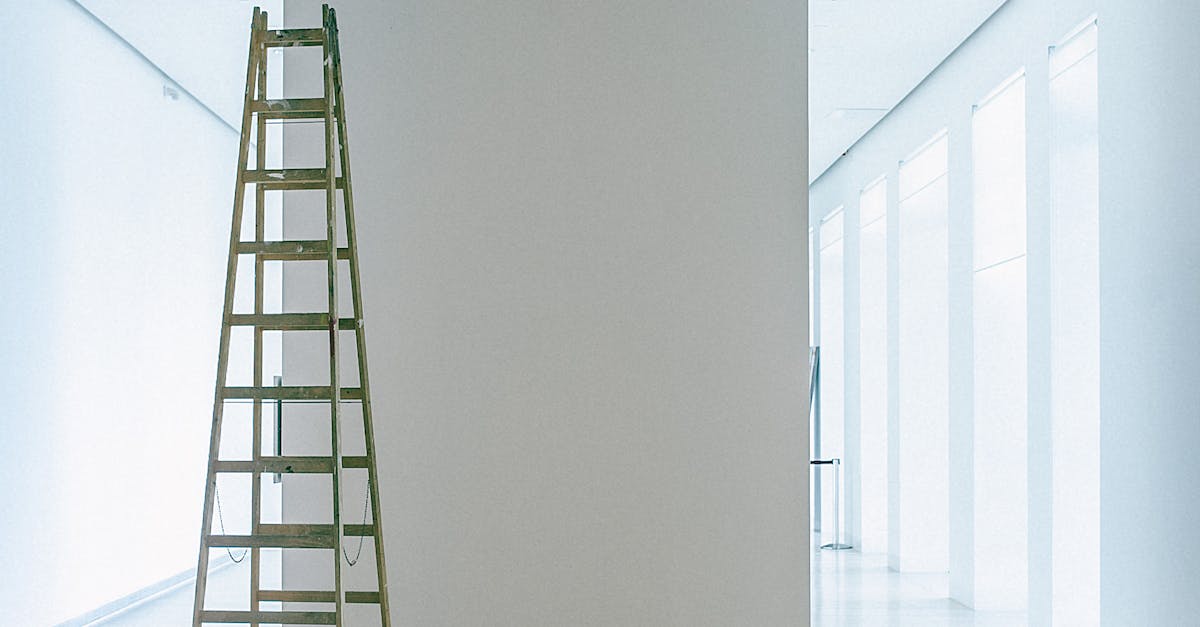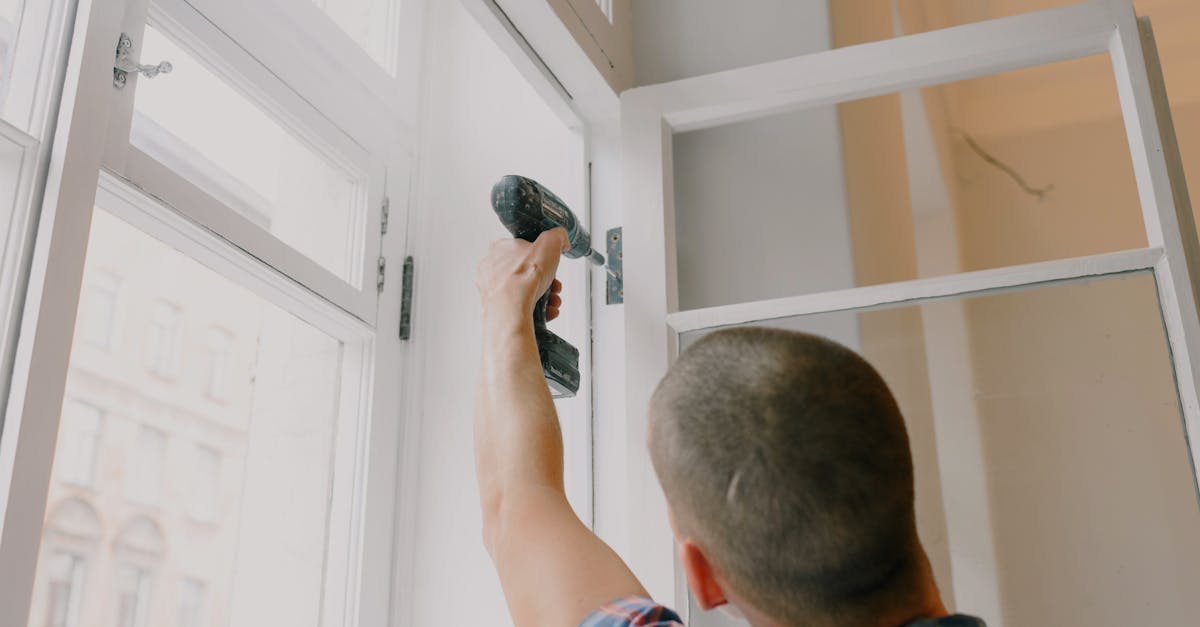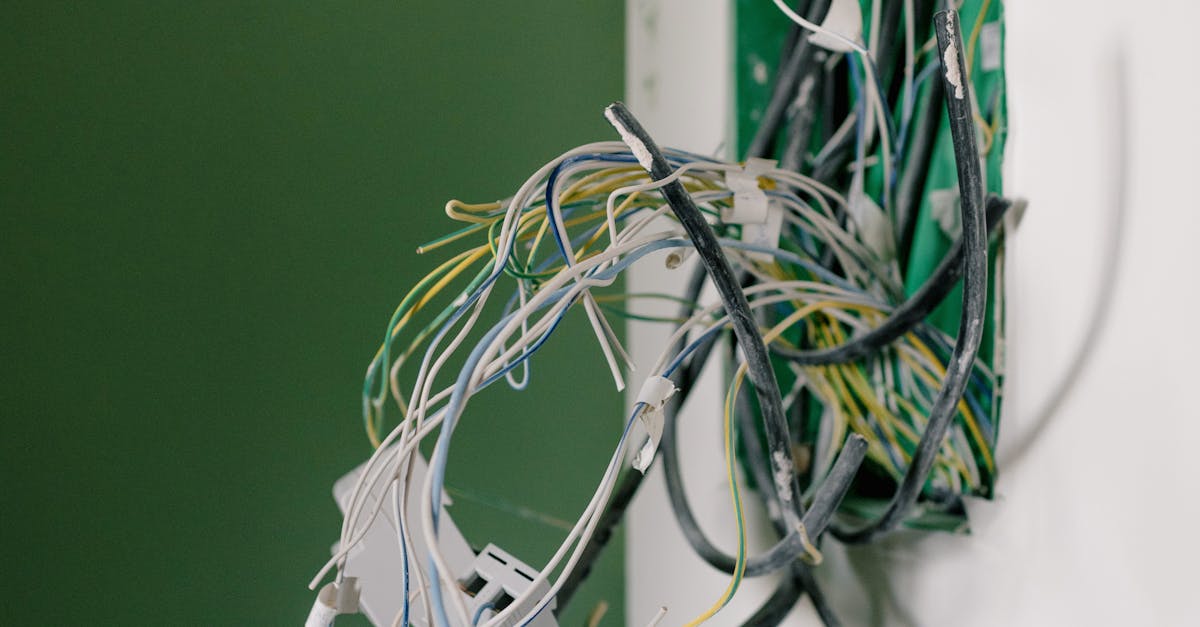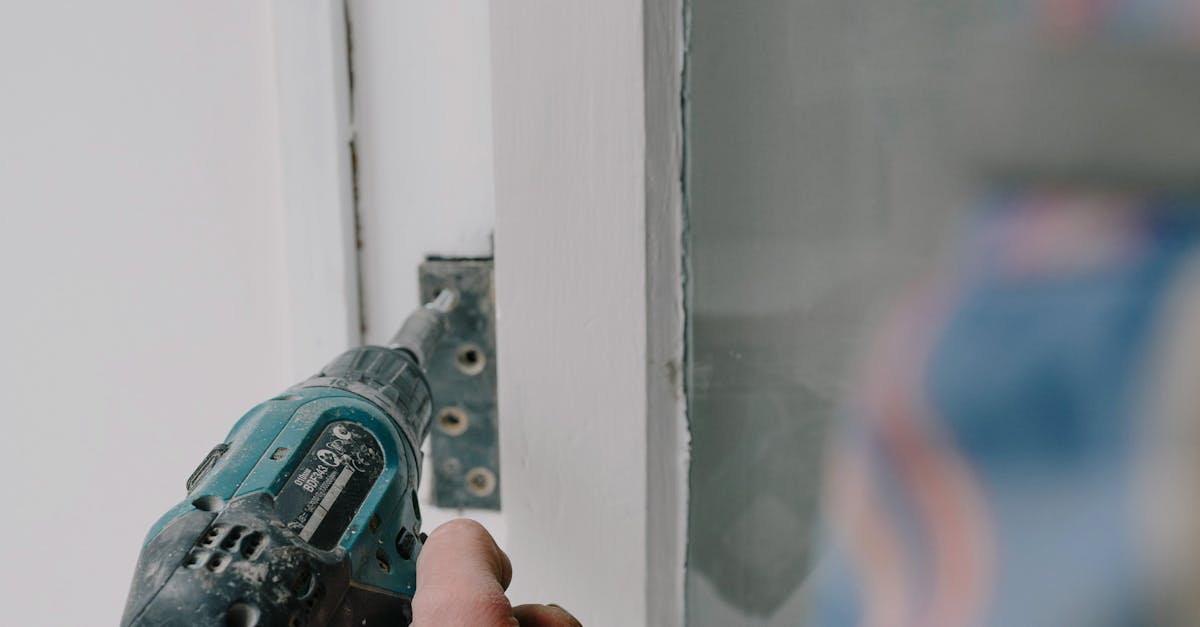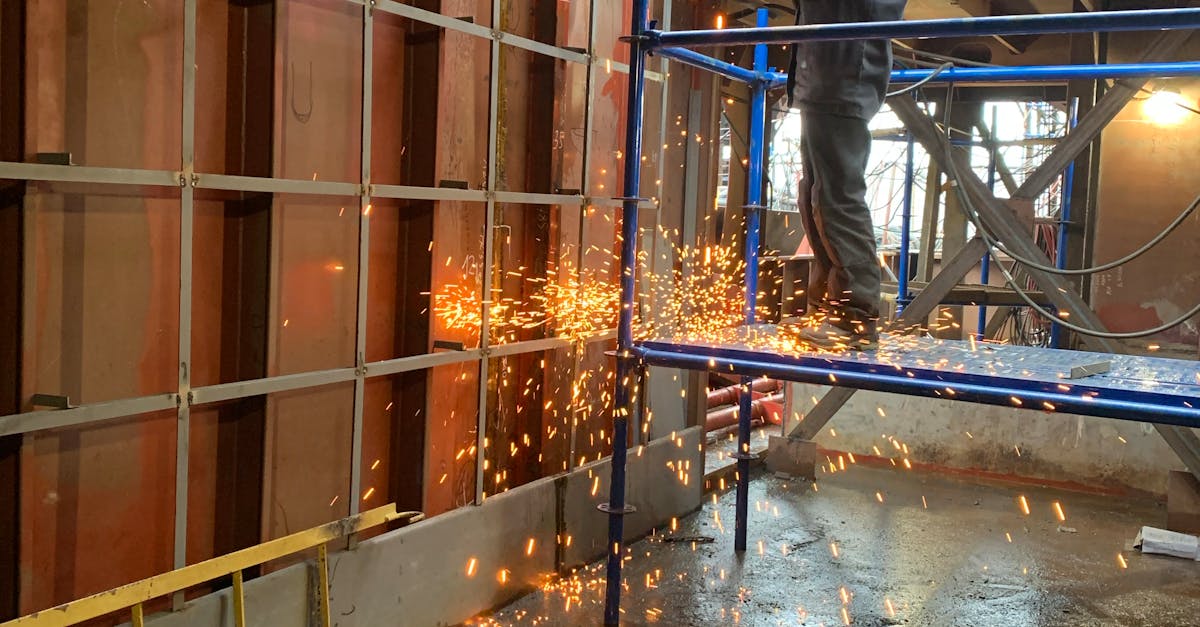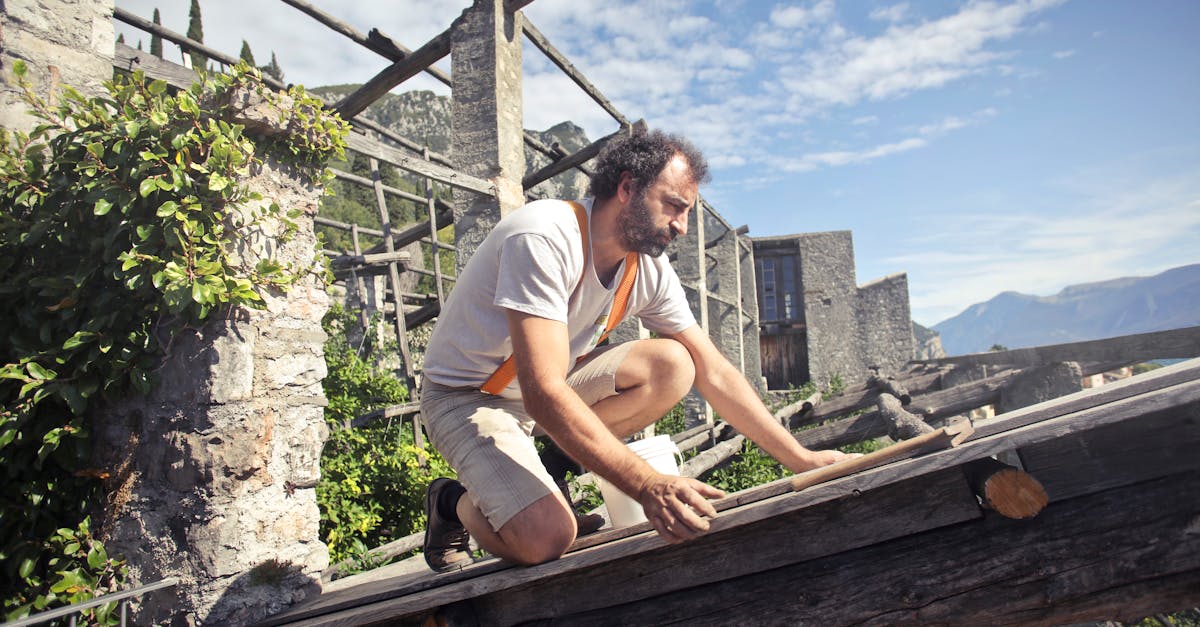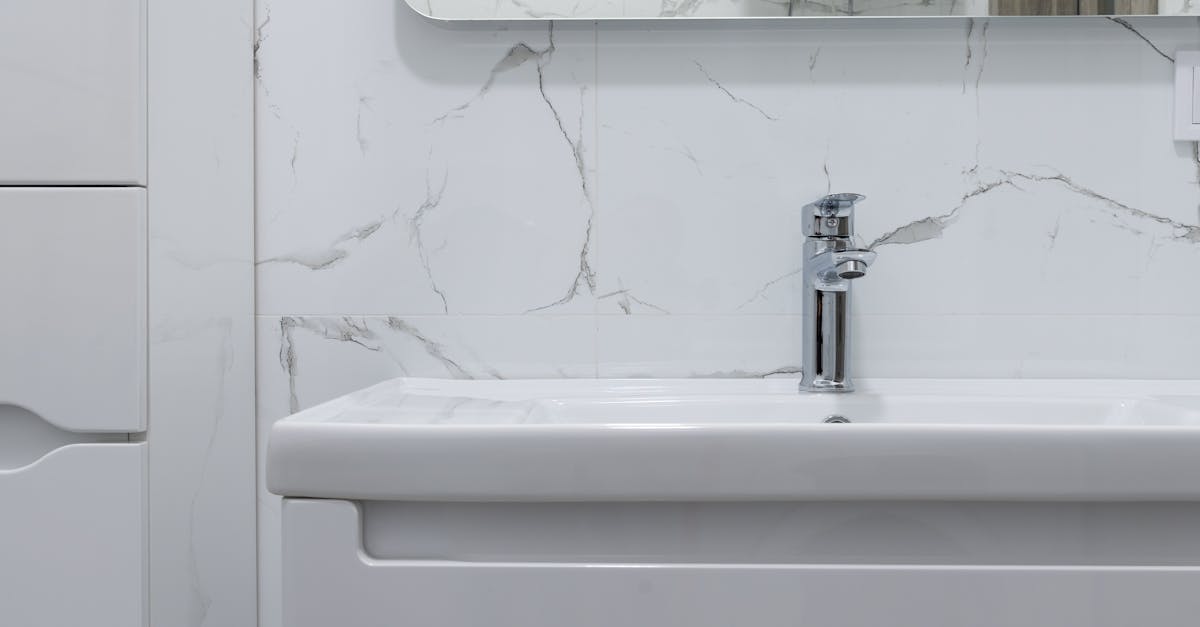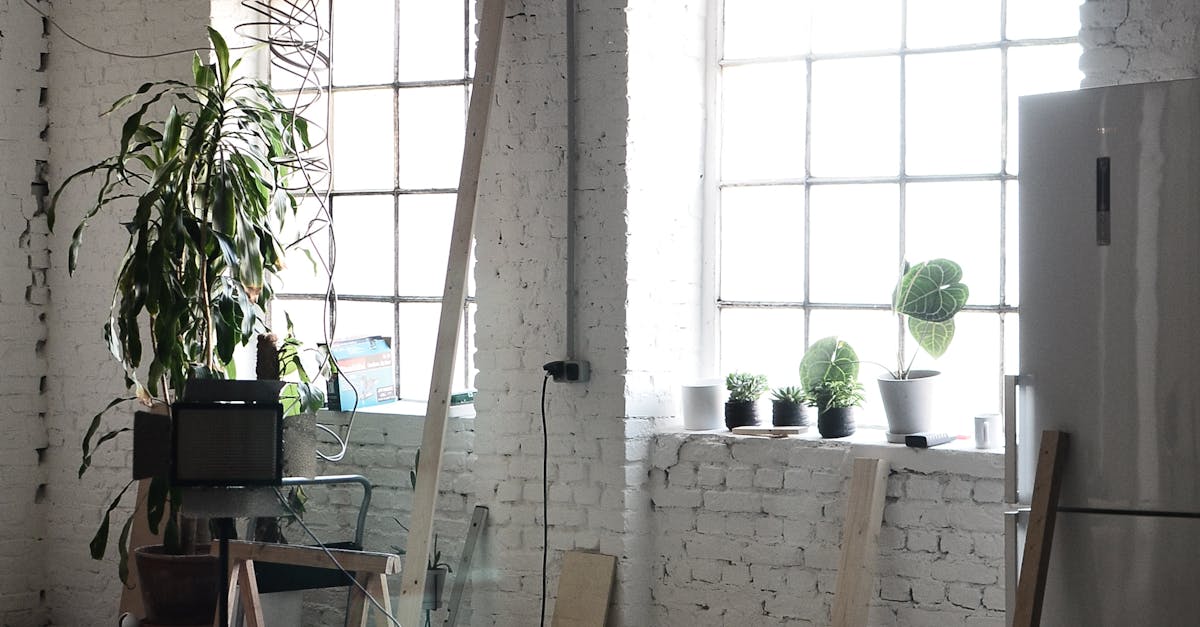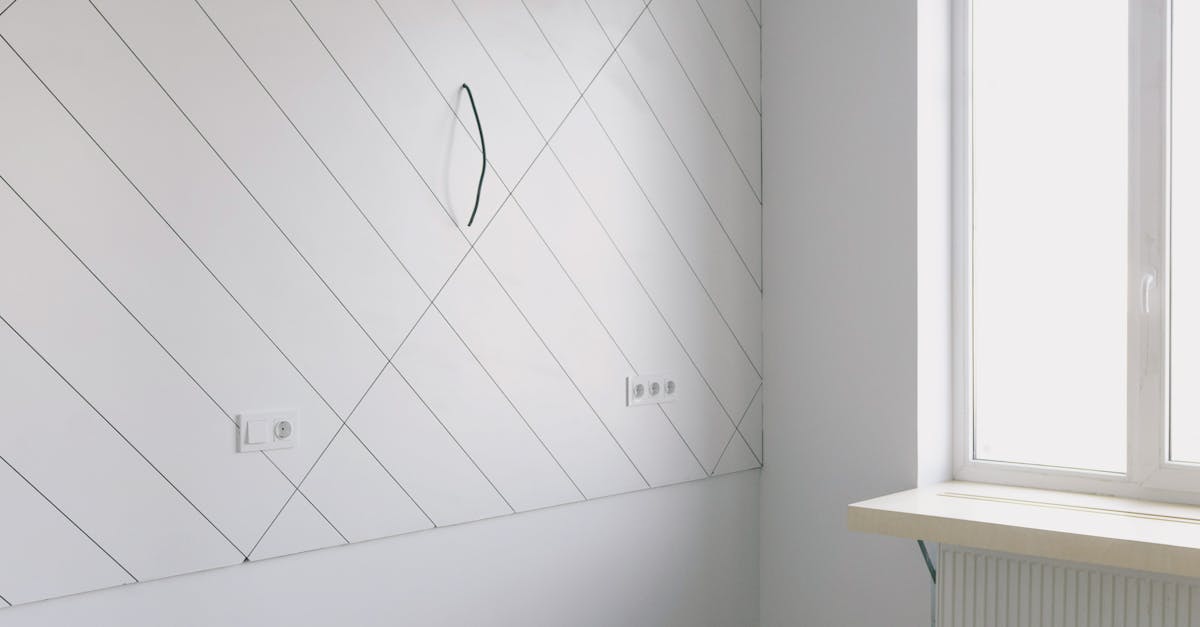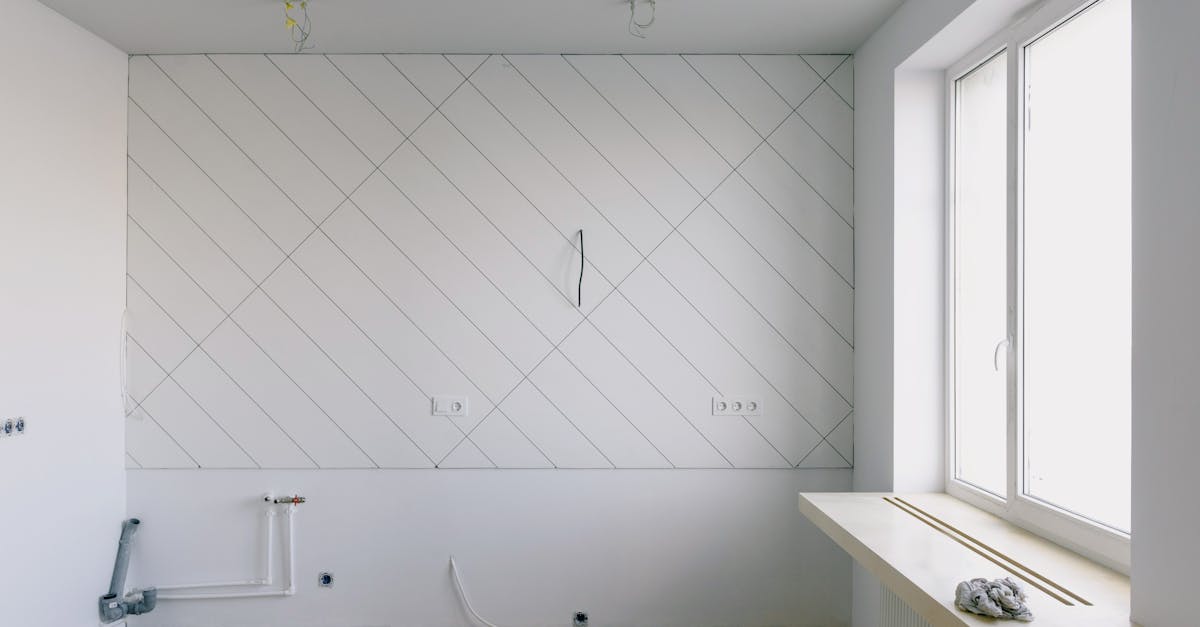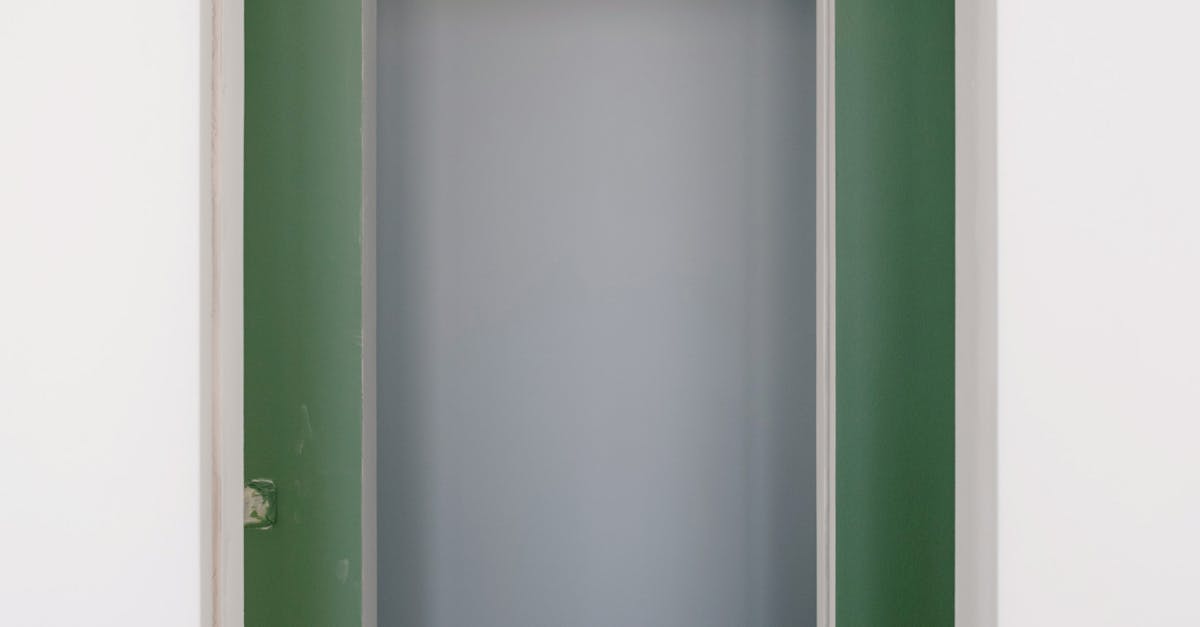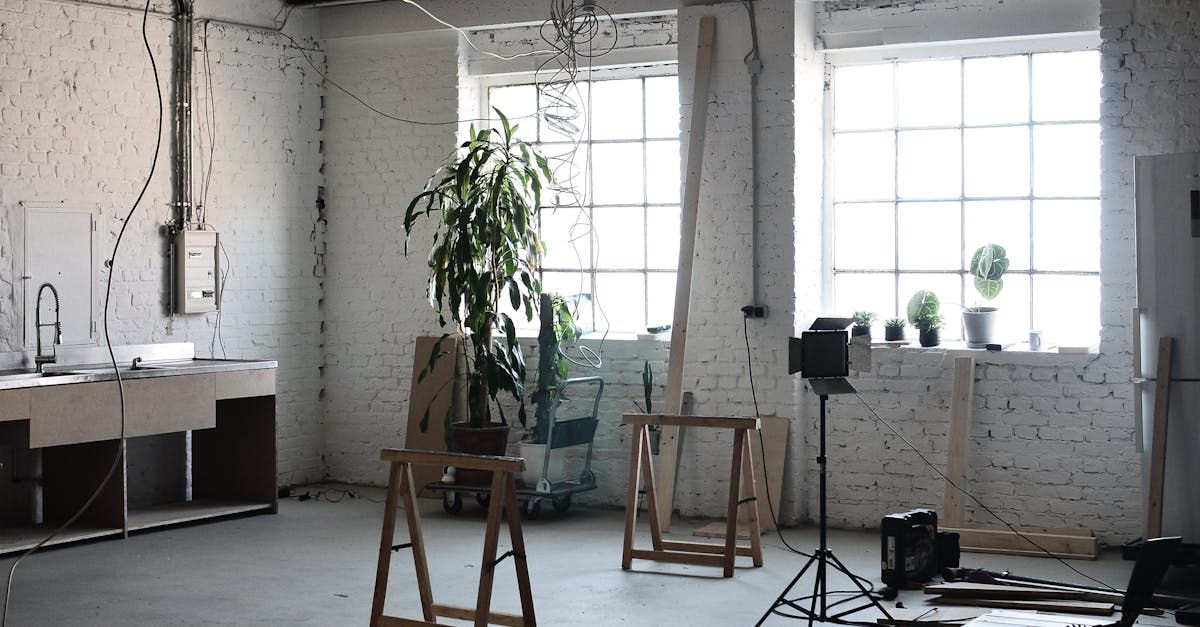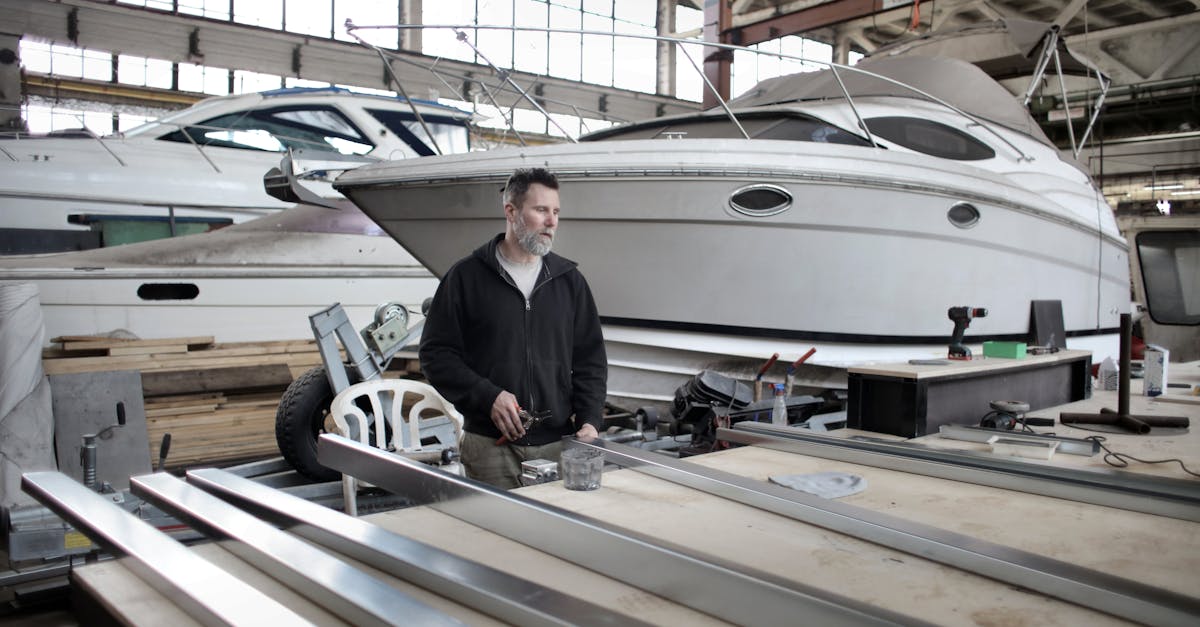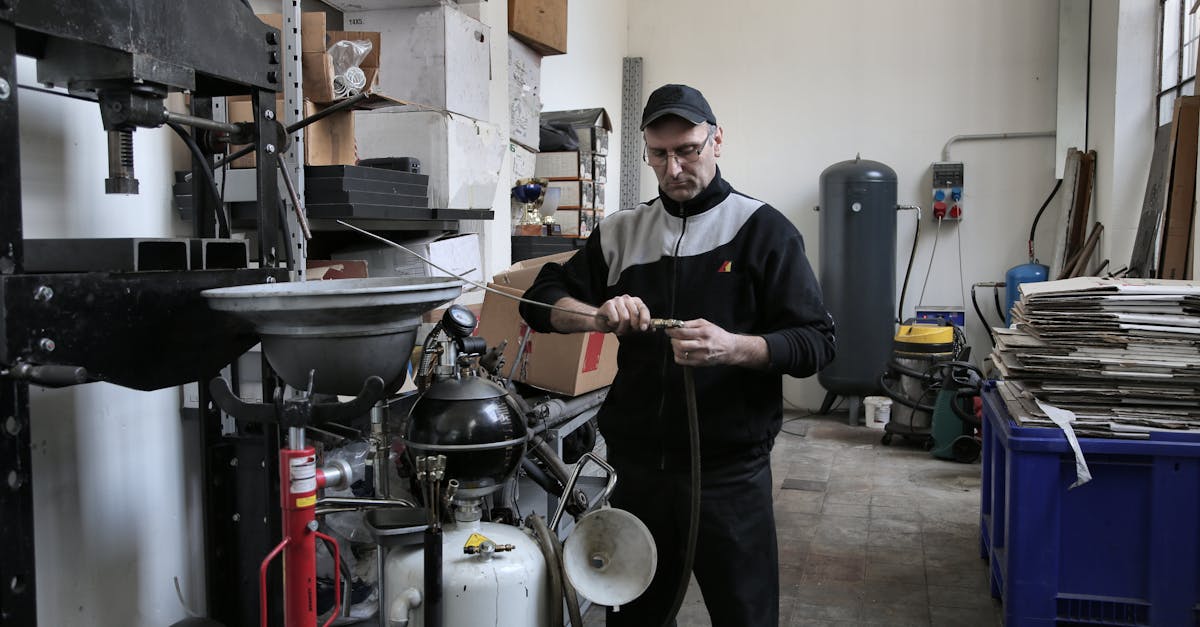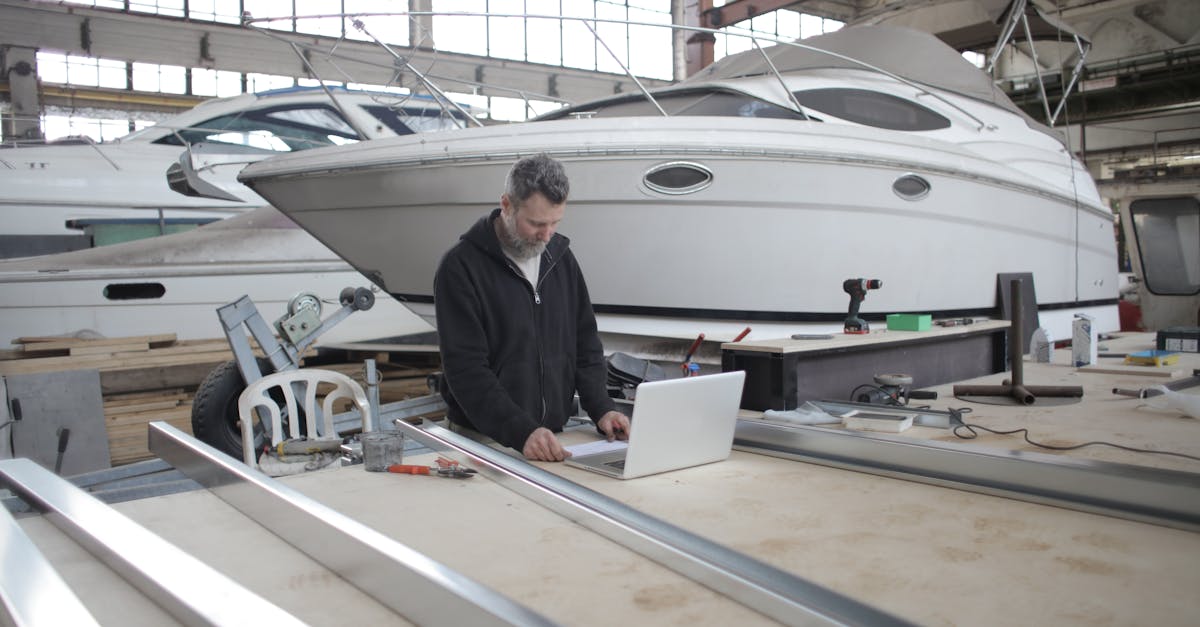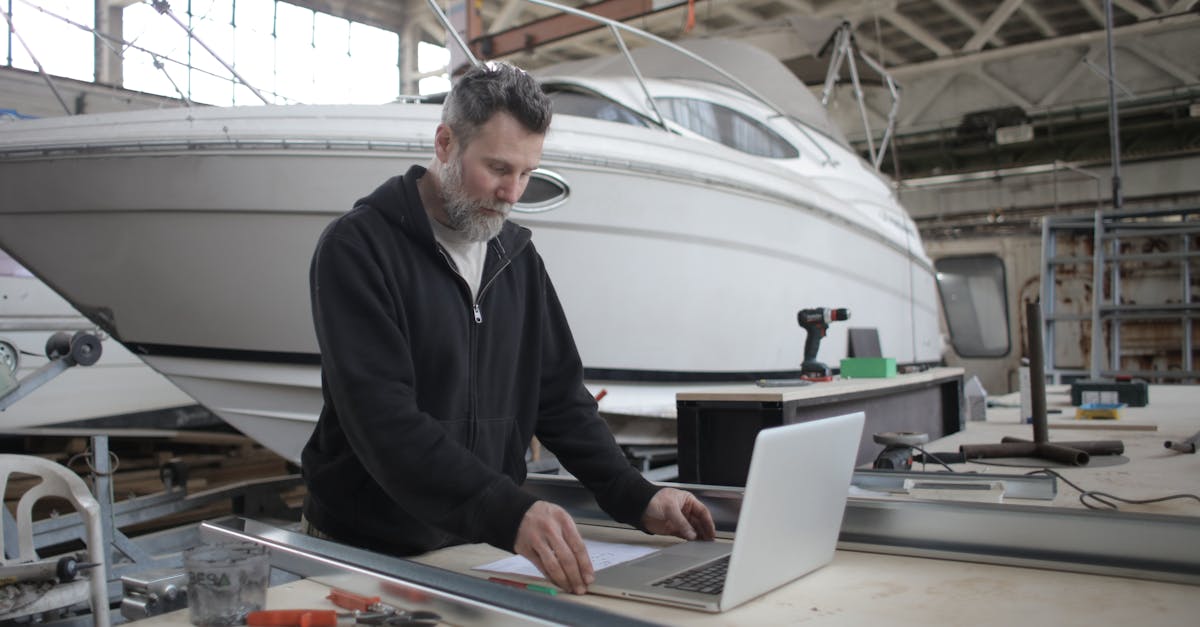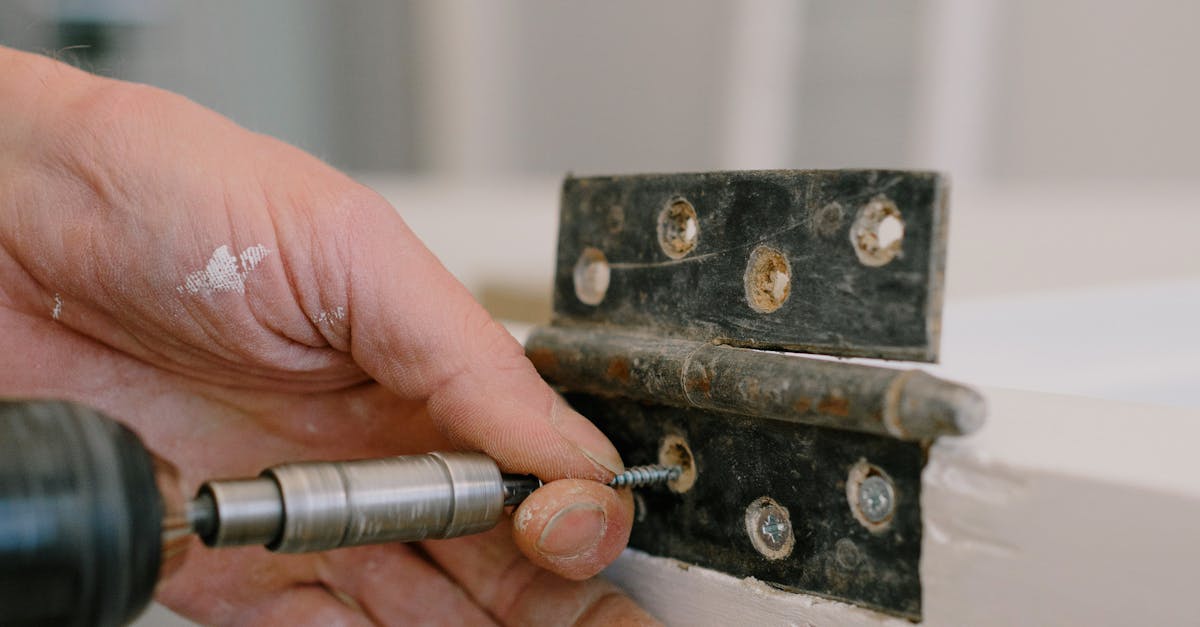
Table Of Contents
Increased Energy Bills
Rising energy bills can often indicate that your hot water cylinder is no longer operating at peak performance. Inefficiencies in the system lead to excessive energy consumption, which translates into higher costs on your utility bills. Observing a consistent increase over a few billing cycles may suggest that the unit struggles to heat water as effectively as it once did. Regularly monitoring your energy usage can provide valuable insights into the health of your water heater.
If the increased costs are accompanied by inconsistent water temperatures or longer heating times, it may be time to consider water heater installation and repair. An old or malfunctioning unit not only raises expenses but also impacts comfort in your home. A professional assessment can help determine whether a replacement is necessary to restore efficiency and reduce future energy bills.
Assessing Efficiency and Performance
When evaluating the efficiency and performance of your hot water cylinder, consider its heating capacity and recovery time. A well-functioning cylinder should heat water quickly and maintain a consistent temperature during use. If you notice fluctuations in water temperature or prolonged waiting times for hot water, these could be indicators of underlying issues that affect the unit's efficiency. Regular checks of the heating elements and thermostat settings can reveal whether the system is performing optimally or if professional intervention is needed.
Another aspect to assess is overall water quality and supply. Check for any signs of sediment buildup or discolouration, which often suggests that the heater is underperforming. In cases of persistent problems, it might be time to engage in water heater installation and repair services. An expert can diagnose issues more thoroughly, ensuring that your water heating system is not only efficient but also safe for regular use. Regular maintenance can extend the life of your hot water cylinder while keeping energy bills manageable.
Rust and Corrosion
Rust and corrosion are significant indicators that a hot water cylinder may be nearing the end of its life. Over time, the metal components of the cylinder can start to deteriorate when exposed to moisture, leading to visible rust patches on the exterior. This damage can compromise the integrity of the unit and affect its efficiency, increasing the likelihood of a complete failure. Regular inspection can help identify these issues early, ensuring that any necessary water heater installation and repair can be addressed promptly.
In addition to visible rust, other signs of corrosion include leaks or water pooling around the base of the unit. If left unchecked, these problems can worsen, leading to more serious damage and costly repairs. Addressing rust and corrosion early on is essential for maintaining a safe and efficient hot water system. Consider consulting a professional to assess the condition of your hot water cylinder and determine whether replacement is necessary to avoid future complications.
Signs of Wear on the Cylinder
Regular inspections of your hot water cylinder can reveal signs of wear that indicate a need for replacement. Look for any visible leaks around the joints or connections, as well as damp patches on the floor near the cylinder. Discolouration or rust can also suggest that the tank is deteriorating, which compromises its performance and energy efficiency. Careful observation of these issues may guide you in deciding whether to address the problem with water heater installation and repair or to consider a complete replacement.
Another critical aspect to monitor is the overall age of your hot water system. Most cylinders have a lifespan of around 8 to 12 years, and wear might become increasingly evident as they approach this age. If you notice unusual noises, such as banging or hissing, it could indicate sediment build-up or internal damage. These issues often escalate over time, making it essential to recognise them early on to avoid costly surprises later.
Frequent Repairs
Frequent repairs are often the first sign that your hot water cylinder may need replacing. If you find yourself calling a plumber regularly for issues like leaks, inconsistent water temperatures, or strange noises, it could indicate that the unit is nearing the end of its lifespan. Each repair might provide a temporary fix, but it is essential to assess whether these ongoing issues justify the recurring costs.
Additionally, ongoing maintenance might not be cost-effective in the long run. Water heater installation and repair can be significant expenses, especially if the unit needs repairs multiple times within a short period. Weighing the total cost of repairs against the potential benefits of a new, more efficient system will help you make an informed decision about whether it’s time to invest in a replacement.
CostEffectiveness of Ongoing Maintenance
Regular maintenance of your hot water cylinder may seem like an unnecessary expense, yet it often proves to be more cost-effective in the long run. Neglecting a potentially failing unit can lead to escalating energy costs due to inefficiency. Keeping the system in good working order can extend its lifespan, minimising the need for premature replacement.
Investing in periodic inspections and timely repairs can reduce the frequency and severity of issues that arise. Water heater installation and repair services provide essential expertise to identify and resolve problems before they escalate, ultimately saving significant amounts on utility bills. Prioritising maintenance can avoid the frustration and costs associated with sudden breakdowns.
FAQS
What are the signs that my hot water cylinder needs replacing?
Signs that your hot water cylinder may need replacing include increased energy bills, visible rust or corrosion, signs of wear on the cylinder, and frequent repairs that become costly over time.
How can I assess the efficiency and performance of my hot water cylinder?
You can assess the efficiency and performance of your hot water cylinder by checking for consistent water temperature, monitoring your energy bills for sudden increases, and inspecting the cylinder for any leaks or unusual noises.
What should I look for regarding rust and corrosion?
Look for any discolouration or flaking on the exterior of the cylinder, as well as rust spots or leaks. If you notice rusty water coming from your taps, this is a clear indication that your hot water cylinder may be corroding internally.
How often should I have my hot water cylinder serviced?
It is recommended to have your hot water cylinder serviced at least once a year. Regular maintenance can help identify potential issues early and prolong the life of the cylinder.
Is it more cost-effective to keep repairing my hot water cylinder or to replace it?
If you find yourself frequently repairing your hot water cylinder and the costs add up, it may be more cost-effective in the long run to replace it with a new, more efficient model. Assess the total costs of repairs against the investment in a new unit to make the best decision.
